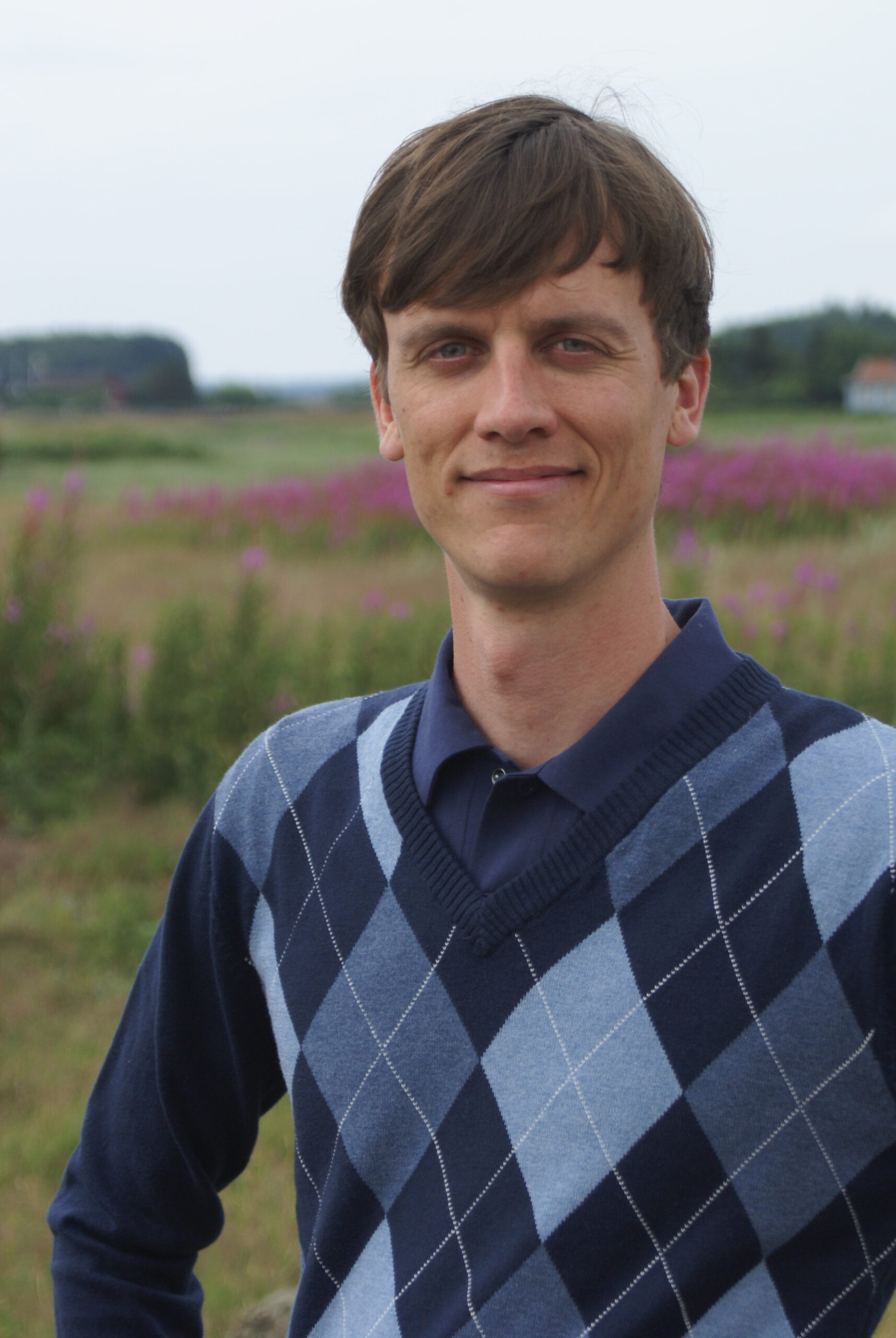Research Interests
The aim of our research is to improve survival of medulloblastoma, the most common pediatric brain tumor. Medulloblastomas have recently been classified into four distinct molecular subgroups and subgroup-specific driver genes have been suggested by us and others. We have shown how MYCN, a transcription factor important for normal brain development, can drive medulloblastoma when its half-life is increased by aberrant stabilization in cells. In fact, MYC proteins, like MYC and MYCN, are mis-regulated in more than half of all types of human cancer including medulloblastoma. About 3 out of 4 children survive from medulloblastoma but survivors often experience long term side effects from current aggressive treatment. Medulloblastoma cases with elevated MYC/MYCN levels strongly correlate with poor prognosis.
We want to understand in detail what drives childhood brain tumor development and tumor recurrence, by using and developing experimental models in where we overexpress MYC proteins. We culture cells from patient samples in stem cell-like conditions and use advanced bioinformatics to study genetic differences and tumor sub-group specificities. We use normal human cerebellar stem cells as starting material to model medulloblastoma development. In these cells we overexpress oncogenes, or silence suppressor genes, that are defined clinically relevant medulloblastoma drivers. Recently, we showed that the stem cell factor SOX9 is promoting migration and metastasis of medulloblastoma cells and we are currently studying how rare SOX9-positive cells could give rise to brain tumor relapse. Together with researchers at the Uppsala genome center/SciLifeLab we have developed a forward genetics screen to identify novel drivers and specifiers of the different subtypes of medulloblastoma as well as glioma, another brain tumor that affects both children and adults.
Finally, we have identified two new drugs that targets MYCN. The first drug targets MYCN production by epigenetic regulation and the other drug is a tumor cell cycle specific CDK2 inhibitor that can decrease MYCN protein stabilization and tumor progression. Interestingly, if we combine these drugs we can effectively inhibit MYCN-driven brain cancer. It is our sincere hope that this drug combination could be used in future therapies for medulloblastoma patients.
Group members
Holger Weishaupt, Researcher
Sonja Hutter, Postdoc
Sara Bolin, Postdoc
Geraldine Giraud, Postdoc
Matko Čančer, PhD Student
Anna Borgenvik, PhD Student
Oliver Mainwaring, PhD Student
Anders Sundström, Research Engineer
Gabriela Rosén, Research Engineer / Laboratory Manager
